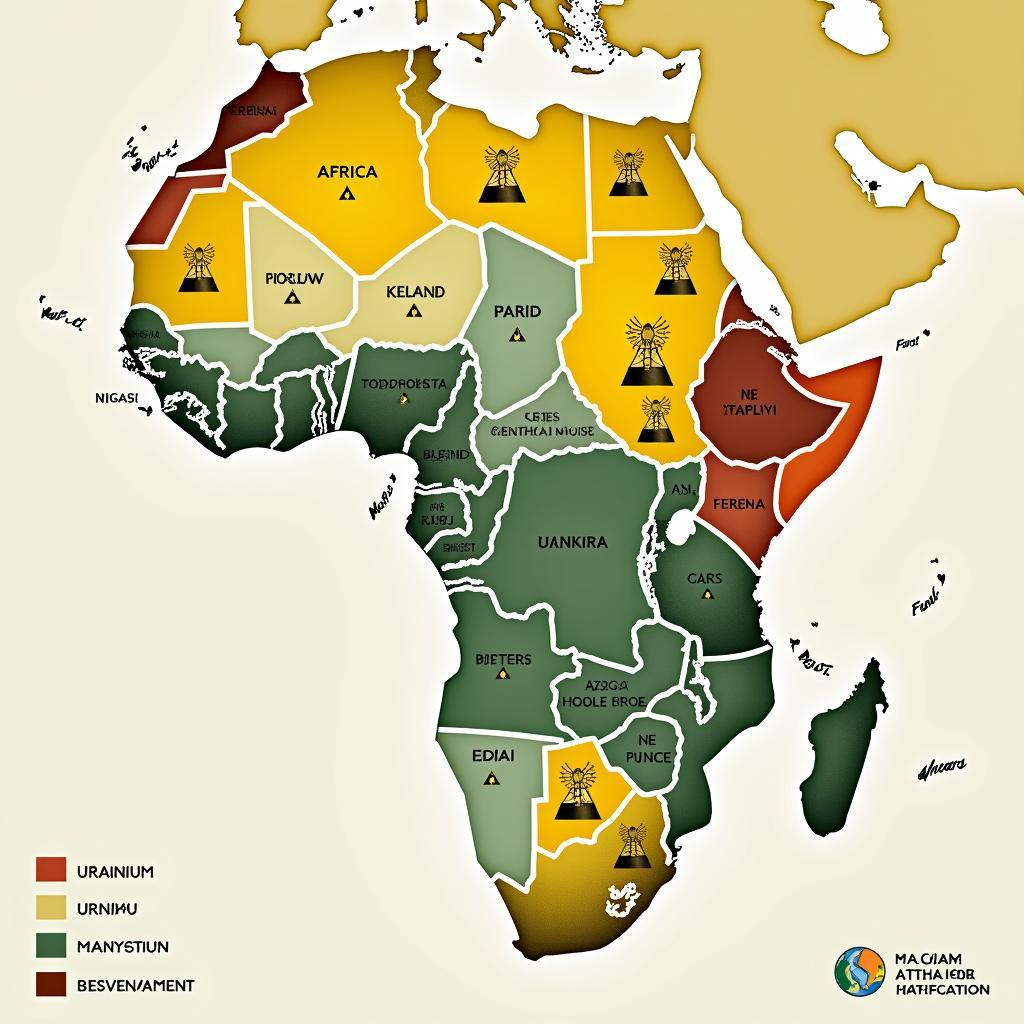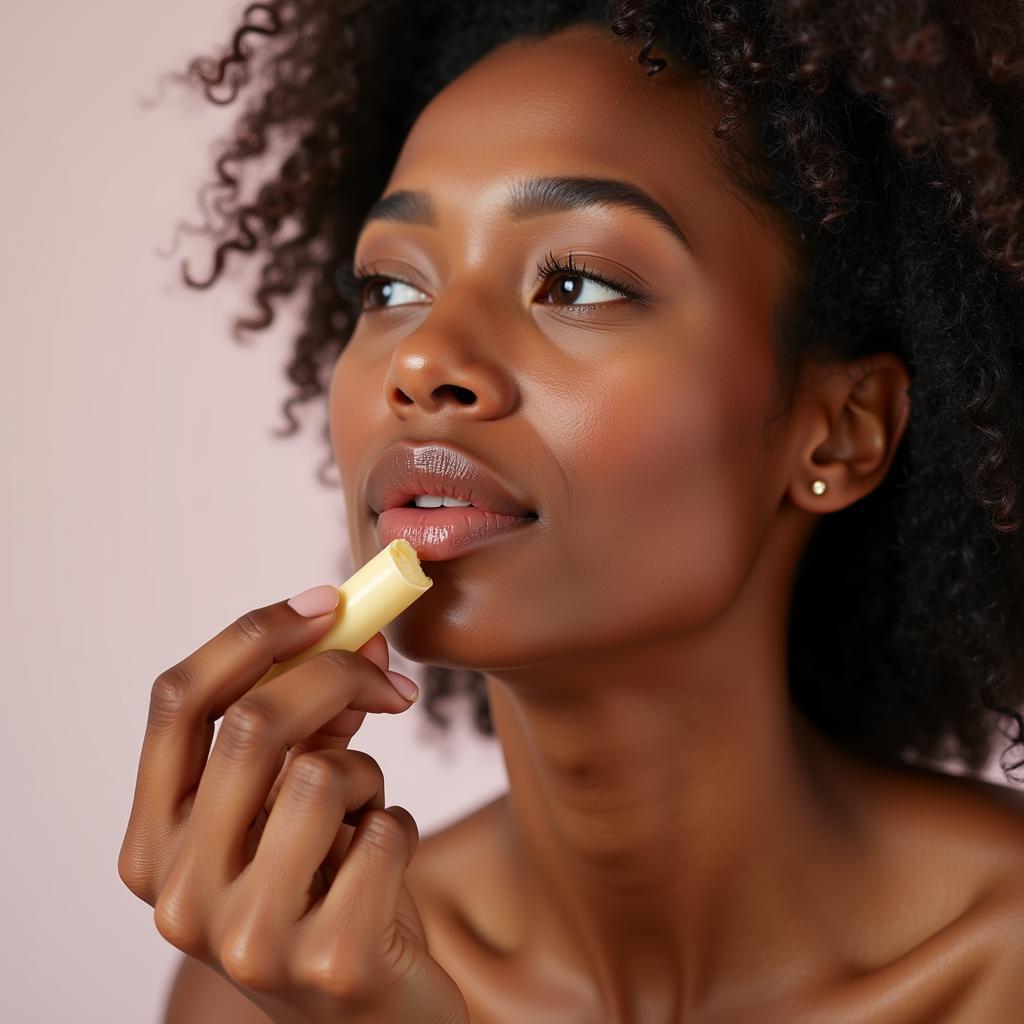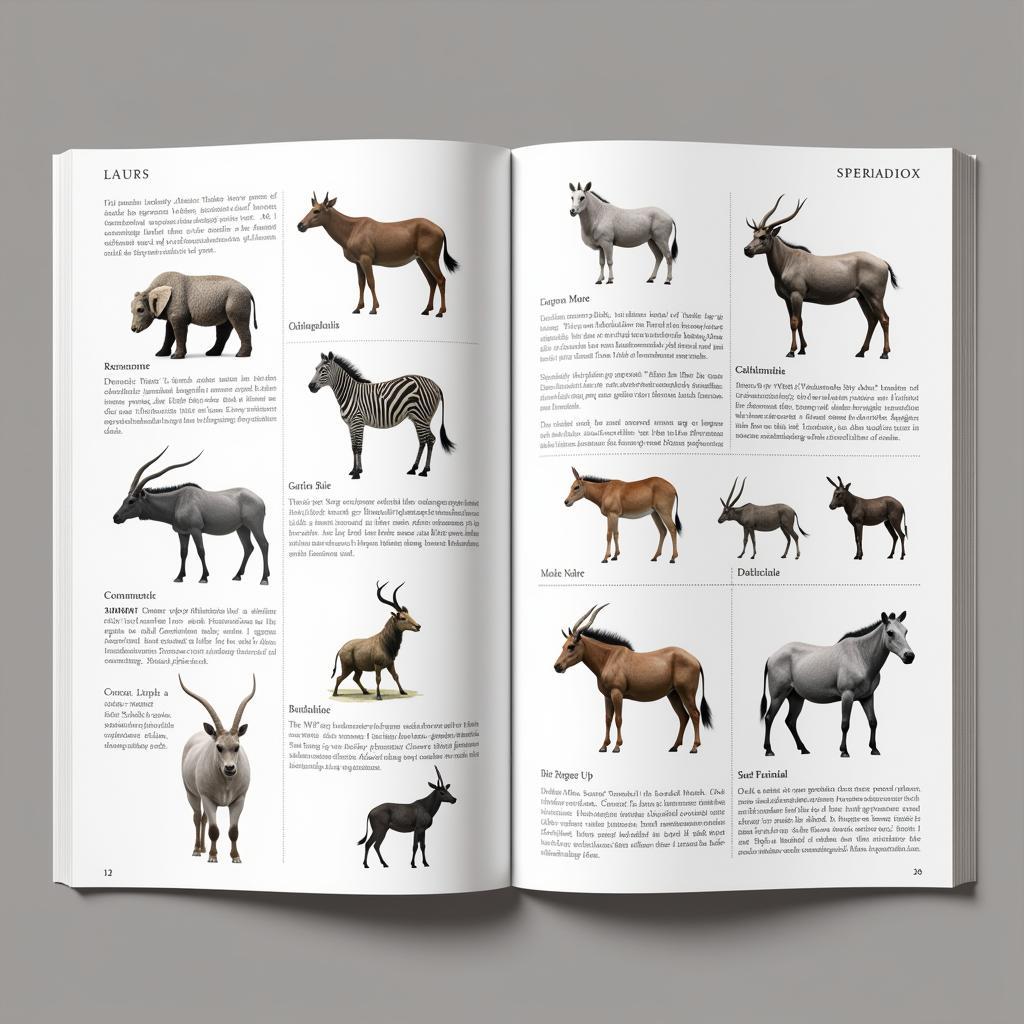Understanding Masculinity and Relationships in Africa
African guys, their relationships, and expressions of masculinity are diverse and complex, shaped by a rich tapestry of cultural influences. It’s essential to move beyond simplistic stereotypes and explore the multifaceted realities of male identity across the continent. This article delves into the various factors that influence how African men navigate relationships, express their masculinity, and contribute to their communities.
Cultural Influences on African Masculinity
African cultures, from the bustling cities of Nigeria to the rural communities of Tanzania, are incredibly diverse. Each culture has its own unique understanding of masculinity. In some communities, traditional roles emphasize strength, stoicism, and providing for the family. In others, there’s a growing emphasis on emotional intelligence and open communication. These evolving concepts of masculinity influence how African guys approach relationships and interact with society.
One common thread across many African cultures is the importance of community. African guys are often raised with a strong sense of belonging and responsibility to their families and communities. This communal focus can influence relationship dynamics, emphasizing shared goals and mutual support.
Navigating Relationships in Modern Africa
Modernization and globalization have brought new challenges and opportunities for African guys. Traditional gender roles are being questioned, and there’s increasing pressure to balance cultural expectations with individual aspirations. This can lead to complex dynamics within relationships, as couples grapple with evolving expectations of partnership and equality.
Many African guys are embracing these changes, seeking relationships built on mutual respect, open communication, and shared decision-making. They are challenging outdated stereotypes and forging new paths for themselves as partners, fathers, and community members.
How African Guys Express Affection and Love
Expressing affection and love can vary widely depending on cultural background and individual personality. While public displays of affection may be less common in some cultures, African guys often express their love through acts of service, providing for their families, and demonstrating commitment to their partners.
“In many African cultures, actions speak louder than words,” says Dr. Kwame Asante, a sociologist specializing in African family dynamics. “Providing for your family, showing respect to your partner, and actively contributing to your community are all important ways men demonstrate their love and commitment.”
The Role of Education and Economic Empowerment
Education and economic empowerment play crucial roles in shaping the lives and relationships of African guys. Access to quality education and opportunities for economic advancement can empower men to become active participants in building a better future for themselves, their families, and their communities.
Challenges Faced by African Guys
African guys face numerous challenges, including poverty, unemployment, and limited access to healthcare and education. These challenges can impact their ability to form healthy relationships, provide for their families, and reach their full potential.
“Addressing these systemic challenges is crucial for fostering positive masculinity and empowering African men to thrive,” notes Dr. Amina Diallo, a gender studies expert based in Senegal.
Conclusion
Understanding the complexities of masculinity and relationships in Africa requires a nuanced approach that moves beyond harmful stereotypes. African guys, like men everywhere, are individuals with diverse experiences, aspirations, and challenges. By embracing open dialogue, promoting education and economic empowerment, and challenging outdated cultural norms, we can create a more equitable and fulfilling future for all. Remember, the diversity of Africa is its strength, and understanding this richness is key to building meaningful connections across cultures.
FAQs
- What are some common misconceptions about African masculinity?
- How are traditional gender roles changing in Africa?
- What are some of the challenges faced by African men in modern society?
- How can we promote positive masculinity in African communities?
- What role does education play in empowering African men?
- How can we support African men in achieving their full potential?
- What are some resources available for African men seeking support?
Related Articles
- Exploring the Diversity of African Cultures
- The Impact of Globalization on African Families
- Empowering Women in African Communities
For further support, please contact us:
Phone: +255768904061
Email: [email protected]
Address: Mbarali DC Mawindi, Kangaga, Tanzania.
Our customer service team is available 24/7.


